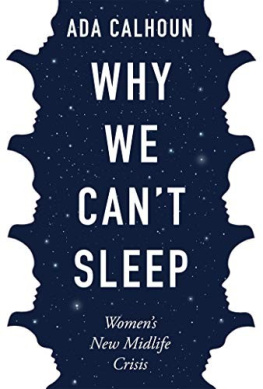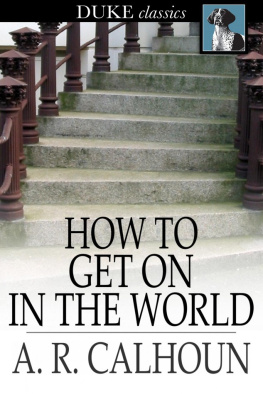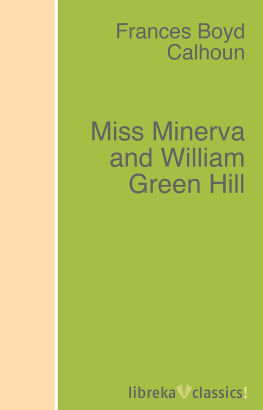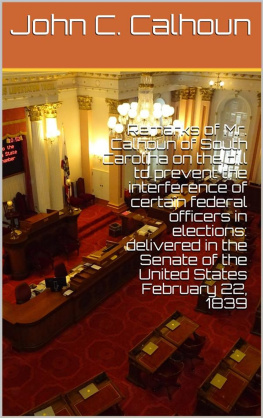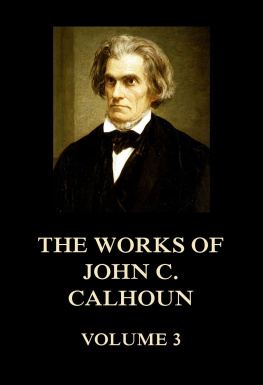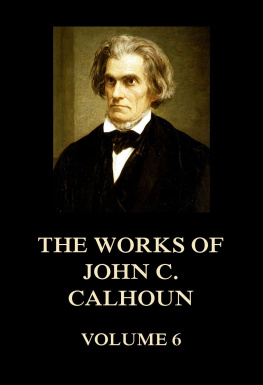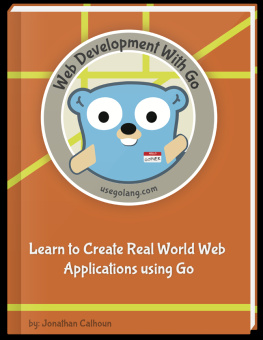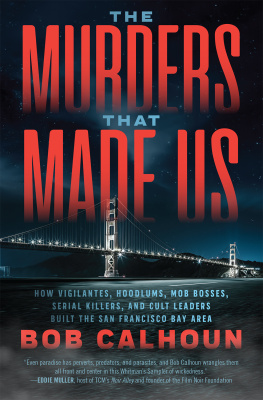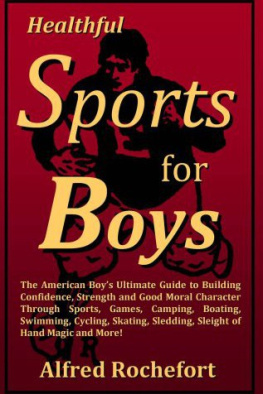Ada Calhoun - Also a Poet
Here you can read online Ada Calhoun - Also a Poet full text of the book (entire story) in english for free. Download pdf and epub, get meaning, cover and reviews about this ebook. genre: Art. Description of the work, (preface) as well as reviews are available. Best literature library LitArk.com created for fans of good reading and offers a wide selection of genres:
Romance novel
Science fiction
Adventure
Detective
Science
History
Home and family
Prose
Art
Politics
Computer
Non-fiction
Religion
Business
Children
Humor
Choose a favorite category and find really read worthwhile books. Enjoy immersion in the world of imagination, feel the emotions of the characters or learn something new for yourself, make an fascinating discovery.

- Book:Also a Poet
- Author:
- Genre:
- Rating:4 / 5
- Favourites:Add to favourites
- Your mark:
- 80
- 1
- 2
- 3
- 4
- 5
Also a Poet: summary, description and annotation
We offer to read an annotation, description, summary or preface (depends on what the author of the book "Also a Poet" wrote himself). If you haven't found the necessary information about the book — write in the comments, we will try to find it.
Also a Poet — read online for free the complete book (whole text) full work
Below is the text of the book, divided by pages. System saving the place of the last page read, allows you to conveniently read the book "Also a Poet" online for free, without having to search again every time where you left off. Put a bookmark, and you can go to the page where you finished reading at any time.
Font size:
Interval:
Bookmark:
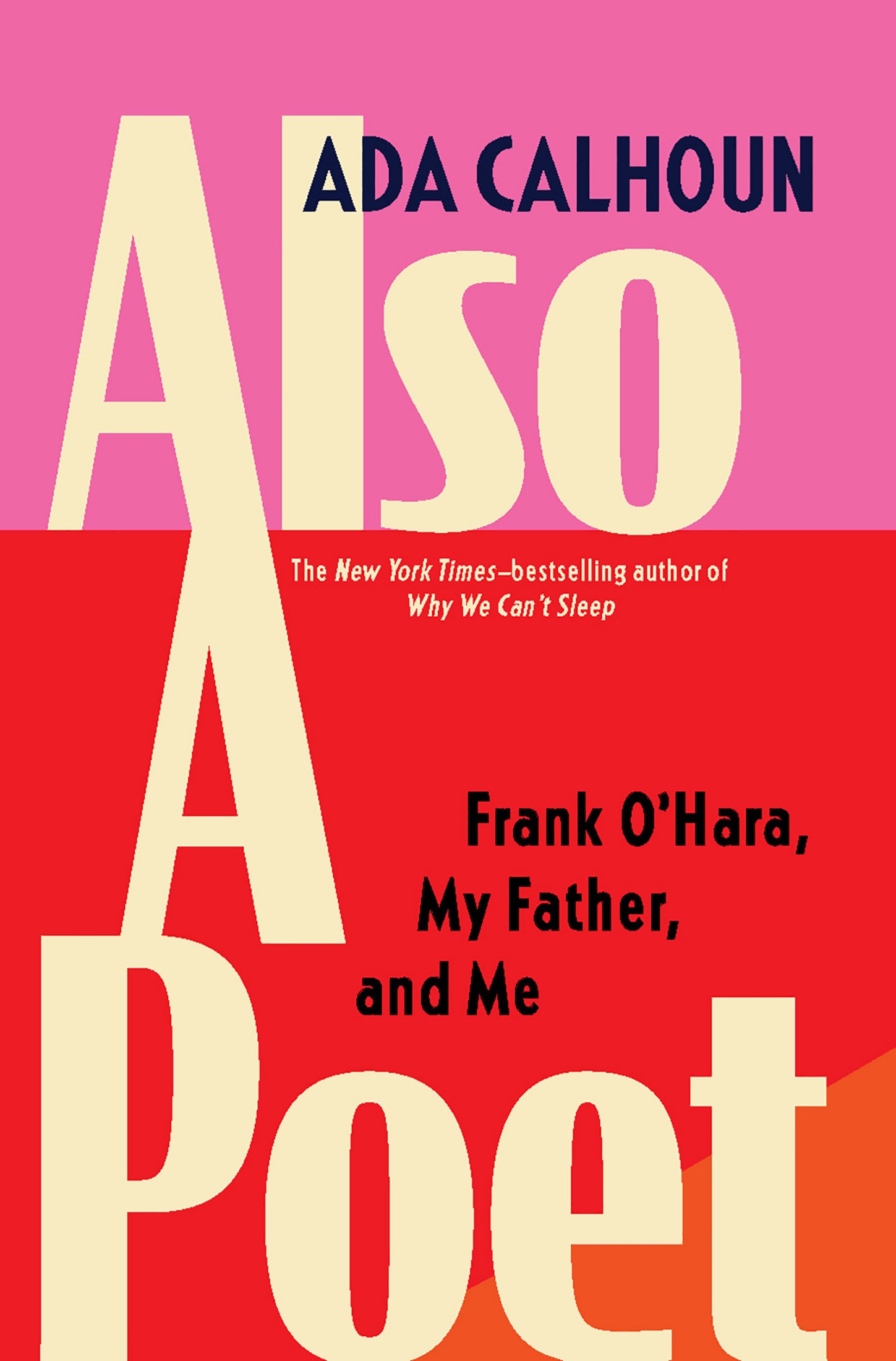

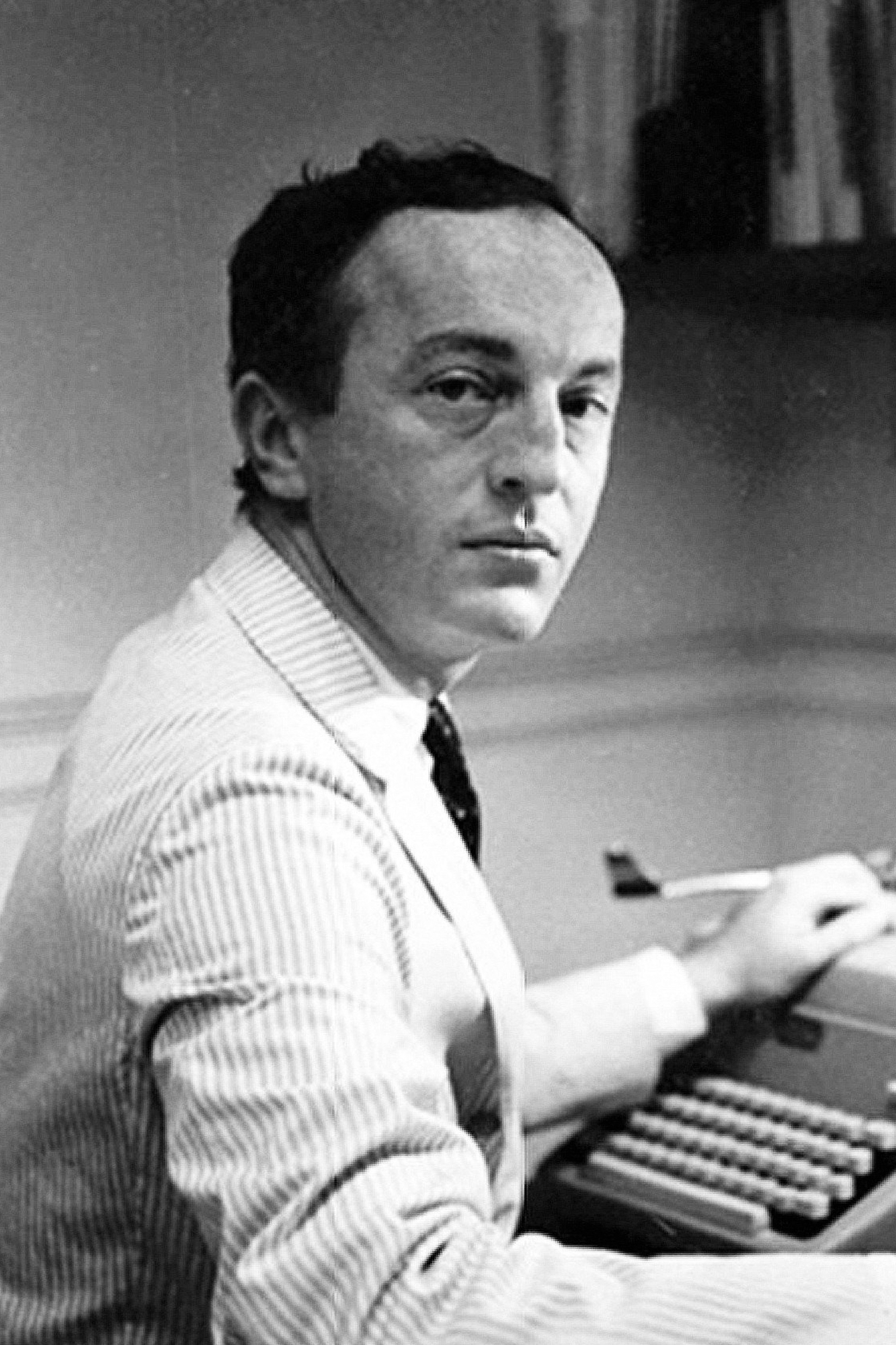
Also by Ada Calhoun
Why We Cant Sleep
Wedding Toasts Ill Never Give
St. Marks Is Dead
Frank OHara, My Father, and Me Poet
ADA CALHOUN

Grove Press
New York
Copyright 2022 by Ada Calhoun
Jacket design by Becca Fox Design
Photo of Frank OHara Renate Ponsold
Used with the permission of Renate Ponsold
Photo of the author and her father James Hamilton
Used with the permission of James Hamilton.
In Memory of W. B. Yeats, copyright 1940 and renewed 1968 by W. H. Auden; from Collected Poems by W. H. Auden, edited by Edward Mendelson. Used by permission of Random House, an imprint and divisions of Penguin Random House LLC. All rights reserved. Copyright 1940 by W. H. Auden, renewed. Reprinted by permission of Curtis Brown, Ltd.
All rights reserved. No part of this book may be reproduced in any form or by any electronic or mechanical means, including information storage and retrieval systems, without permission in writing from the publisher, except by a reviewer, who may quote brief passages in a review. Scanning, uploading, and electronic distribution of this book or the facilitation of such without the permission of the publisher is prohibited.
Please purchase only authorized electronic editions, and do not participate in or encourage electronic piracy of copyrighted materials. Your support of the authors rights is appreciated. Any member of educational institutions wishing to photocopy part or all of the work for classroom use, or anthology, should send inquiries to Grove Atlantic, 154 West 14th Street, New York, NY 10011 or .
FIRST EDITION
Published simultaneously in Canada
First Grove Atlantic edition: June 2022
This book is set in 12-point Dante MT
by Alpha Design & Composition of Pittsfield, NH.
ISBN 978-0-8021-5978-6
eISBN 978-0-8021-5979-3
Grove Press
an imprint of Grove Atlantic
154 West 14th Street
New York, NY 10011
Distributed by Publishers Group West
groveatlantic.com
My childhood home was a top-floor walk-up apartment in Lower Manhattan. By the time I was born, most of the bohemians belonging to my parents downtown scene had decamped to suburbs or college townsor at least to elevator buildings on the Upper West Side. Even I left New York for a few years. But my parents remained in their East Village apartment, decade after decade.
In the fall of 2018, I popped by to look for a toy to give my baby goddaughter. In the warren of their buildings basement, my parents stored papers, books, and bubble-wrapped appliancesnot antique so much as just old and unused. That afternoon, I went through the small, tiled lobby, past a padlocked door, and down narrow metal stairs into the dank space, ten degrees cooler than the hall. I hit my head and cursed myself for doing it. On the rare occasions Ive gone into the basement since I reached five foot nine in high school, Ive reminded myself not to stand up straight, and every single time Ive forgotten and smacked my head on a ceiling pipe.
In a heavy filing cabinet almost as tall as I am, I found what Id come formy old miniature plastic foods for playing kitchen, in storage since Id graduated to a Spirograph and Sit n Spin thirty-five years earlier.
Then I noticed something in another of the heavy drawers that, in my haste to spend no more time in the basement than necessary, I hadnt seen before: dozens of loose, dust-covered cassette tapes labeled with the dates 1977 or 1976, the year I was born, along with names like Willem de Kooning and Edward Gorey. Id never met any of these people, but I knew their names. They were painters and poetspeople it would make sense for my fatherPeter Schjeldahl, an art criticto have known.
Before I was born, hed been a hotshot poet, giving readings at crowded galleries, lofts, and churches in Manhattan. His inspiration both for writing and for moving to New York City was his idol: the poet Frank OHara.
OHara wasnt as famous a cultural figure of the midcentury as the Beatles or Andy Warhol, but to people who cared about art and literature he and his cohort of cosmopolitan New York City poets and painters were the ones you would push past more famous people to get to. They ushered in a lusty new gay sensibilityurbane, witty, obsessed with all forms of culture from Russian ballet to the trashiest Hollywood movies. OHara was the groups beating heart.
In his early twenties, my father met OHara, sixteen years his senior, a few times at parties. With his crooked nose and wide smile, high forehead and light blue eyes, OHara looked soft and hard at the same time: part boxer, part librarian. He was short, but thanks to his perfect posture and a tendency to walk on the balls of his feet, he seemed taller. The last time my father saw him, OHara inscribed a catalog to him at a Museum of Modern Art opening: for Peter with palship from Frank.
A month later, on July 25, 1966, OHara died at the age of forty in a freak vehicular accident on Fire Island, a gay-friendly vacation town off the South Shore of Long Island known for being car-free. A beach taxi he and his friends were taking from a dance bar to the house they were staying in broke down. While they were waiting for another taxi in the darkness, OHara was hit by a dune buggy driven by a young man on a date. In my fathers obituary for the Village Voice, he wrote: is easy to demonstrate and exceedingly difficult to understand. And the aura of the legendary, never far from him while he lived, now seems about to engulf the memory of all he was and did.
The less affectionate New York Times obituary, which appeared with no byline, is riddled with an impressive number of errors, given its brevity. Among other things, it said OHara was hit by a taxi, not a dune buggy, and it gave his address as that of Grace Churchs churchyardnot a likely residence for a lapsed Catholic. Worse, it minimized OHaras literary importance, suggesting he was little more than a museum functionary and a muse who posed for a scandalous painting by the abstract expressionist painter and troublemaker Larry Rivers. The headline identified him as a museum curator; the subheadline: DIESALSO A POET.
My father, long-haired and glassy-eyed, wearing spats and a dandyish vest with pockets for his pocket watch and pillbox of amphetamines, spent the rest of the sixties and early seventies staying out late, he said, so he had time to make the maximum number of mistakes.
At an art opening at the Whitney Museum in 1973, he met my mother, Donnie Brooke Alderson. Shed recently retired from musical touring shows like Youre a Good Man, Charlie Brown. (No one who knew her would be surprised to hear shed played Lucy.) Shed spent a good part of the sixties working as a hostess on a cruise ship. On one voyage, she had a mystical experience while staring out at the ocean, a cigarette in one hand and a beer in the other.
working with her accompanist, Gary Simmons, shed begun doing stand-up comedy in lesbian bars. A Texas girl, she never went to a party without full makeup and high heels, and she still carried herself like the ballet dancer she once was. As a child, shed appeared as Clara in
Font size:
Interval:
Bookmark:
Similar books «Also a Poet»
Look at similar books to Also a Poet. We have selected literature similar in name and meaning in the hope of providing readers with more options to find new, interesting, not yet read works.
Discussion, reviews of the book Also a Poet and just readers' own opinions. Leave your comments, write what you think about the work, its meaning or the main characters. Specify what exactly you liked and what you didn't like, and why you think so.

